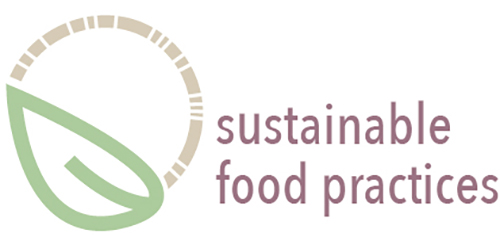
Organisation of a session at the 4th International Convention of the History and Cultures of Food
7th – 8th June 2018
Dr. Rachel Reckinger and Dr. Stefan Wahlen co-organised the session ‘Foodscapes in Transition: Policies and Politics Advancing Sustainable Development and Social Justice’ at the 4th International Convention of the History and Cultures of Food. The event itself is organised by the European Institute for the History and Cultures of Food (IEHCA).
For more information about the session click here
Session Abstract
In this session, we would like to discuss the impact, risks and motivations of producers and consumers altering foodscapes. Of particular interest are enabling types of governance that improve ecological balance and social justice in policies of governmental regulation and institutions but also in the politics of for example alternative food movements.
The main impact that heterodox actors can have seems to be, on one hand, the creation of resourcefulness from innovative niches, not designed to be upscaled but spread by ubiquitous networking and, on the other hand, the exemplification of heterodox economic practices that reduce the current deskilling of producers and consumers and the depletion of natural resources. The risk associated with heterodox initiatives is, besides basic economic viability, territorial competition over land and resources, as well as – more insidiously – the potential of co-option by neoliberal corporate agendas. The motivations of actors involved in such social movements, albeit diverse, tend to stem from a stance of care and ethical (self)government, often using community self-organisation-tools. Such an analysis of food value chain practices focuses on negotiations and struggles among actors in a multifaceted foodscape, where some block and some enhance transitions. Viewing the relationships, interconnectedness and agency of niche innovations and regime hegemonies opens up the perspective of contested knowledge claims. Additionally, the ways in which actors in the regulatory field advance transitions by policy measures and initiatives need to be considered, and in particular the processes of politicization as interdependencies between movement actors and the public sphere.
Yet, the daily practices stay embedded in social, cultural and economic constraints and in routines, which are built on tacit knowledge, collective learning and engrained practices; even though repetitive, they can account for both reproduction and innovation. Which types of governance at all levels have shown themselves to be effective in supporting and empowering such bottom-up changes in “knowing and growing food in a contested arena” (Goodman, DuPuis, Goodman, 2014)?


